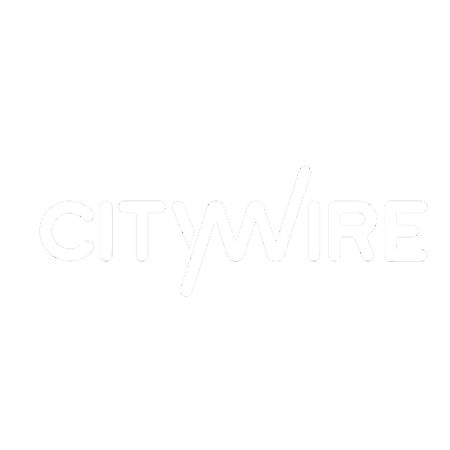By Leyla Acaroglu
How many of us kick start a new year with a list of resolutions or actions, or even just ideas to make changes and finally get our shit together?
It's such a nice opportunity, the ticking over of a new year, and in this case a new decade, to take action on all the changes we have floating around at the back of our minds. Quite the job we hate — start exercising, clean up the mess in the back room, change careers, volunteer more, start a new hobby, become a vegan, or in my case, every year for the last five years it has been, “Write the book.” Yes, it's hard to admit, but that has been my New Year's resolution for five solid years and, no, there is no completed book yet (although it's happening and I do have a new handbook coming out early this year! My 5th in 5 years, so I clearly have a complicated relationship with writing).
Why do we all seem to have this innate desire to make changes when the year changes? It’s possibly because humans actually really enjoy a bit of healthy disruption, and the collective release of the old year allows for a really clear demarcation from the old to the new. The birth of a new year offers space for reflection and agenda setting that many other busy moments throughout the year just don’t allow us to catch. And of course, we also have all that ‘free time’ over the holidays to think and ponder and plan...
There is a growing body of research around how humans accept disruptions and adopt new behaviors at certain times in their lives. When I was researching sustainable lifestyle changes for the Anatomy of Action initiative, our collaboration with the United Nations Environment Programme, I uncovered some fascinating things about social norms and personal behavior disruptions that may help you get a grip on your New Year's resolutions.
Understanding Social Norms
Social norms are the unwritten rules of what is/isn’t deemed ‘acceptable’ in any given society. They are pervasive and often implicated in influencing how we act, especially when around others. They are regulated by shaming those that don’t conform to them, and rewarding those that do. In the context of everyday life, social norms subtly influence the decisions and choices we make each day.
Norms, like so many other things in life, are in constant flux, so they require constant check-ins and recalibration to the evolving practice of everyday life. It would be exhausting if we had to consciously check in with all the appropriate social practices of our communities, so the human brain does a lot of this social norm calibration subconsciously by mirroring the behaviors of others around us.
There are two prominent sociologists who have contributed to the understanding of how social norms influence us — Anthony Giddens’ Structuration Theory (1991) and Elizabeth Shove’s Social Practice Theory (2012). Both speak to the notion that change occurs when agents within a system are enabled to alter their everyday practices.
So, we don’t have our behaviors changed by others, but instead we are changed by the structural forces and interactions in our daily lives with the output of others actions. It’s a bit of a chicken and egg situation, meaning that it's hard to determine who is the first to make a shift in the status quo that then catches on and becomes a new social norm.
What we do know is that comparing our own practices against those of others affects what we do - or don't do.
There was a study in 2008 that demonstrated this; it looked at what would motivate people to opt into reusing their towel in a hotel. Goldstein and fellow researchers tried out a few approaches to socially normative messages to the inhabitants of a hotel room, ranging from, “The majority of guests reuse their towels,” to, “The majority of guests in this room reuse their towels.”
The latter was way more successful in influencing people to opt to reuse their towel. Why? Because the desired behavior (of towel reuse) was seeded with a marker of social location-specific behavior to plant the normative expectation.
Basically because it said IN THIS ROOM, it made people even more aware of the social cue of reuse being specific to that space they were in, so the norm was set and people complied. The researchers go on to point out that, “A wide variety of research shows that the behavior of others in the social environment shapes individuals' interpretations of, and responses to, the situation.”
It’s not new to us that we humans respond to cues in our environment, but how does this apply to something like a New Year's resolution? Do you think you would make a commitment to doing something differently if nobody else was doing it? I am one of those people who pride myself on being a bit different, so whilst I don’t write a list and share it with others as that would be way too obvious, I do totally make a mental mark at the turning of the new year to accomplish certain goals in that year. Knowing how social norms affect you and using these to your own motivational advantage could help you stick to your goals and make those positive changes contagious.
Overcoming Cognitive Dissonance
The gap between what we say we will do and what we actually do is referred to as cognitive dissonance, a prevalent aspect when considering any form of behavioral economics. Research has found that simply caring about something does not mean that someone will alter behaviors towards it. Once we are made aware of a gap between what we think and what we do, we are more likely to change our opinions rather than our actions.
The reality is that we often benefit from ignoring ourselves and behaving in other, more habitual ways, even if we are totally aligned with one value, we can still end up doing something completely opposite to it! Barkan and colleagues (2015) call this ‘ethical dissonance,’ which they say “arises from the inconsistency between the aspiration to uphold a moral self-image and the temptation to profit from unethical behavior.” When confronted with this, people often find ways to redefine their unethical behaviors as ‘non’-violations based on pre-violation justifications — like when you know that the cheap chocolate is unethically produced but you are able to rationalize purchasing it, just this once.
Basically, we are all very good at messing with ourselves. So you need to find a way of reducing and identifying the dissonance so that you can stay on track with your goals.
Disrupting Everyday Habits
The good news is that we can mess with ourselves and disrupt our own everyday habits by engaging with new experiences. Swapping from an existing one to a new option in an environment that reinforces the positive benefits, or when we are already experiencing dramatic changes, can all help us overcome inertia. A study by Fuji and colleagues from 2001 found that people were more likely to alter the way they commuted to work when they were forced by a temporary freeway closure to pick between a shorter train trip or larger drive. Many people who tried out the train then continued taking the train after the freeway reopened but they needed a disruption to force the new behavior to start.
This ‘habit discontinuity hypothesis’ states that habit-changing interventions are more likely to be effective when they are delivered during life changes (Verplanken and Roy, 2016), like when we move houses, go on vacation, or have a baby. Likewise, interventions that allow for habit swaps and new behaviors to be tried out are often more successful when the environment in which the habit is performed is altered (Carden & Wood 2018). So, as you start the new year, when we are more than likely on vacation mode, you have the space to start a different routine, this is the perfect time for your brain to offer you the commitment ceremony of New Year's resolutions to actions.
The challenge now is: how do you mess with your own mind enough to ensure you stick to them?
When we developed the Anatomy of Action, our goal was to find a series of tangible, practical and achievable everyday lifestyle swaps that anyone anywhere could start to adopt to integrate sustainability into their everyday lives. We looked at many of the growing movements that are already happening, from zero waste living through to protein swapping.
There are 5 main lifestyle areas that we all engage in that we offer 3 swaps for each, and then there is also a further detailed list of actions you can take. In total, there are over 65 actions! So, if you are looking for some planet positive actions to start disrupting your life a little bit with, then head on over to the website. Check them out, and get started with your sustainable lifestyle hacks in 2020!
References
Gifford, R.D. and Chen, A.K., 2017. Why aren’t we taking action? Psychological barriers to climate-positive food choices. Climatic change, 140(2), pp.165-178.
McDonald, S., Oates, C.J., Thyne, M., Timmis, A.J. and Carlile, C., 2015. Flying in the face of environmental concern: why green consumers continue to fly. Journal of Marketing Management, 31(13-14), pp.1503-1528.
Barkan, R., Ayal, S. and Ariely, D., 2015. Ethical dissonance, justifications, and moral behavior. Current Opinion in Psychology, 6(DEC), pp.157-161.
Giddens, A., 1991. Structuration theory. Past, Present and Future. In: Bryant, C. and Jary, D.(eds.). Giddens’ Theory of Structuration. A Critical Appreciation. London: Routledge.
Goldstein, N.J., Cialdini, R.B. and Griskevicius, V., 2008. A room with a viewpoint: Using social norms to motivate environmental conservation in hotels. Journal of consumer Research, 35(3), pp.472-482.
Shove, E., Pantzar, M. and Watson, M., 2012. The dynamics of social practice: Everyday life and how it changes. Sage.
Fujii, S., Gärling, T. and Kitamura, R., 2001. Changes in drivers’ perceptions and use of public transport during a freeway closure: Effects of temporary structural change on cooperation in a real-life social dilemma. Environment and Behavior, 33(6), pp.796-808.
Verplanken, & Roy., 2016. Empowering interventions to promote sustainable lifestyles: Testing the habit discontinuity hypothesis in a field experiment. Journal of Environmental Psychology, 45, pp.127-134.
Carden, L. and Wood, W., 2018. Habit formation and change. Current Opinion in Behavioral Sciences, 20, pp.117-122.
Lally, P. and Gardner, B., 2013. Promoting habit formation. Health Psychology Review, 7(sup1), pp.S137-S158.
